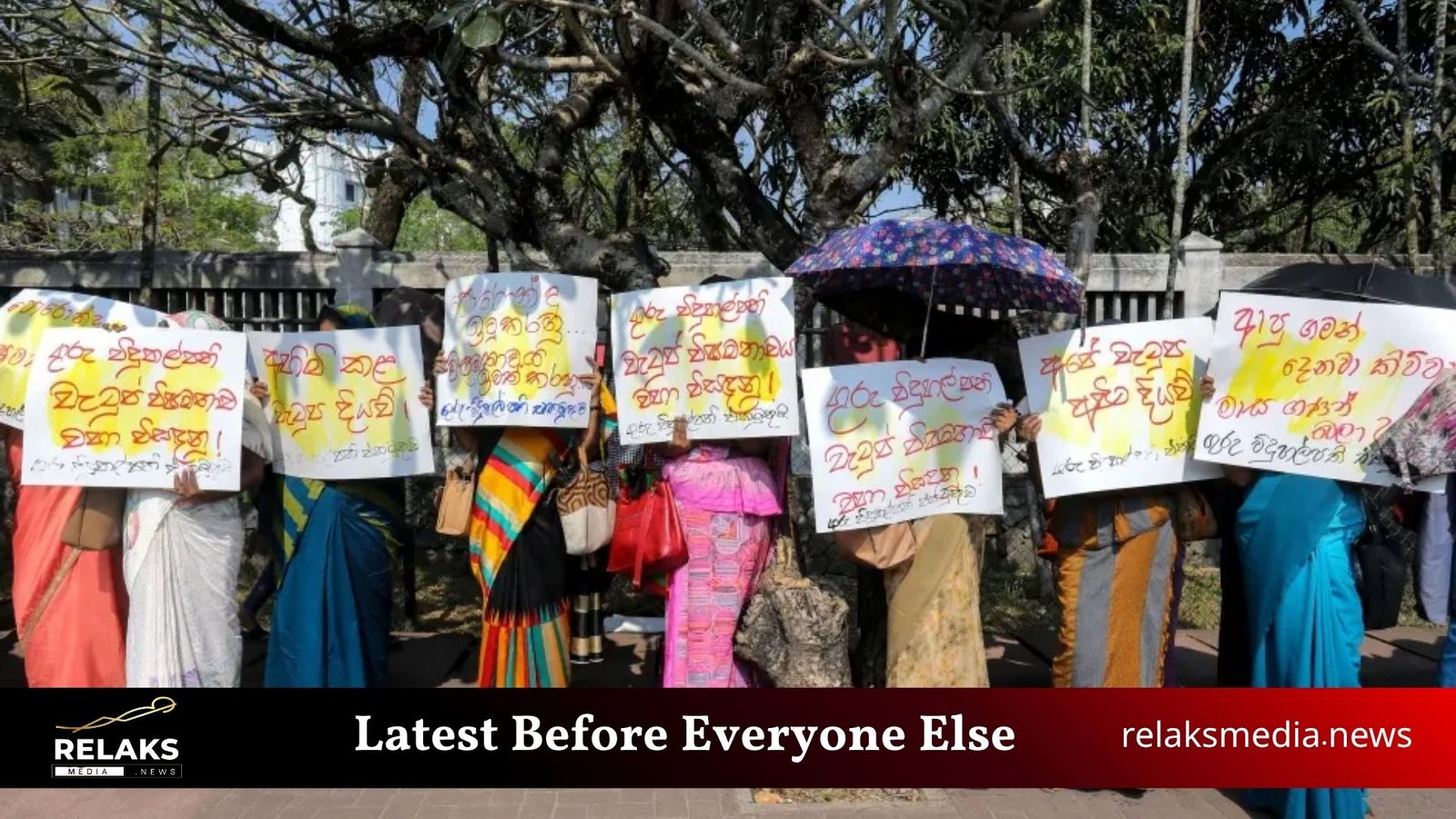
A new report by Human Rights Watch (HRW) has sharply criticized Sri Lanka’s current tax policies, warning that they are deepening social inequality and jeopardizing the right to free education for millions of children. The organization alleges that tax breaks favoring the wealthy have significantly reduced government spending on public education and essential social services.
Sri Lanka has been struggling with economic instability since its 2022 financial crisis, relying heavily on austerity measures and international loans. However, according to HRW, the government’s approach to taxation has disproportionately benefited high-income earners and corporations, while placing a heavier burden on ordinary citizens.
In its latest report, Human Rights Watch found that tax incentives and concessions for affluent individuals and large businesses have led to a notable decline in public sector investment, especially in the education sector. The watchdog warns that children from low-income families are being denied quality education due to underfunded schools and insufficient resources.
The report emphasizes that Sri Lanka’s public education spending has fallen well below regional standards, with many schools facing shortages of teachers, textbooks, and basic facilities. HRW argues that the government’s fiscal decisions are violating children’s right to free and equitable education, as guaranteed under both Sri Lanka’s Constitution and international human rights treaties.
HRW urged the government to adopt progressive tax reforms, ensuring that wealthy citizens and corporations contribute fairly to the national budget. Such measures, it said, would help rebuild critical sectors like education, health, and social welfare.
Economic analysts in Colombo have also echoed HRW’s concerns, noting that unequal tax structures have widened the gap between rich and poor. The International Monetary Fund (IMF) has previously advised Sri Lanka to broaden its tax base and reduce loopholes that enable large-scale tax evasion.
Civil society organizations have called for greater transparency in how tax revenue is allocated, stressing that investments in education are key to long-term national development.
In response, government officials have stated that tax incentives were introduced to attract foreign investment and stimulate business growth, but acknowledged that reforms are needed to maintain fiscal balance and social equity.
The HRW report has reignited debate over Sri Lanka’s economic priorities, urging policymakers to strike a balance between growth and equality. Advocates say that without progressive tax reforms, the country risks undermining the very foundation of its social development — the right of every child to receive a quality education.

Comments: